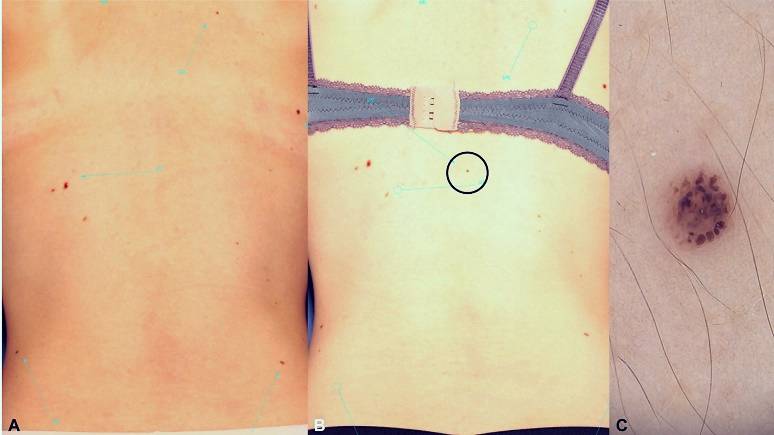A 2019 study in Australia set out to look at genetic grouping and melanoma incidence. Particularly how different genotypes interact with the environment and whether they were subject to greater UV damage.
The data matches other research, confirming that people with fair skin, or reddish hair are more liable to melanoma. They also showed that people in the grouping had added risk of multiple, or recurring melanoma.
Whilst the lesions tended to appear in sun damaged areas on older patients, the damage was often not evident on people under 40. Nevertheless, those in the genetic grouping still suffered from a higher incidence.
With second and subsequent melanomas accounting for 20% of all cases in their region, the core conclusion was a need for targeted screening.
Positive Outcomes
Skin cancer specialists inevitably have cases where patients received minimal, early treatment due to screening. Worth looking at whether this was the case in another 2019 study, of around 1000 patients.
All had recently developed melanoma and were subsequently screened on a regular basis for up to 5 years, using a variety of techiques.
The images below give an example of the findings. Two total body photography scans at 6 month intervals helped to detect the appearance of a new, small mole. This growth is then shown in microscopic detail and revealed to be a melanoma.

At only 0.3 mm depth and of nominal size, complete removal by surgical incision was a relatively minor process, far better than allowing later stage development.
Of all new melanomas found, 17% were diagnosed by standard clinical, dermatoscopic examination, 48% by total body photography and 35% by sequential digital dermoscopy, two techniques offering outstanding results.
Personal Screening
Combinations of approaches are possible, along with choosing a route to suit you and your skin. Skin cancer screening is an option we should all consider, although some people are at greater risk.
The second study above again found skin colouring to be a factor, along with a high mole count and occupational sun exposure. A lack of distinct physical evidence in younger patients for a second melanoma has also been seen elsewhere.
Recurrence of skin cancer is not generally a treatment issue, new lesions occur in new places. Whatever caused the first instance, be that sun exposure and/or genetic influences, has simply repeated the incursion.
As part of our focus on skin cancer and melanoma treatment, all are welcome to attend screening at our North London clinic, where the advanced techniques mentioned above are used by specialists.
If you are in an at risk group, attending is important and as the research confirms, if you have had a melanoma, regular screening is essential.
You may find the options below useful:
- Save time with an intuitive search on: Skin Cancer Diagnosis & Treatment.
- Up to date news, research and insights: Our Dedicated Skin Cancer Blog.
For any advice, or to arrange a dermatology appointment, call 020 8441 1043, or send an email via the Make An Appointment button below.
